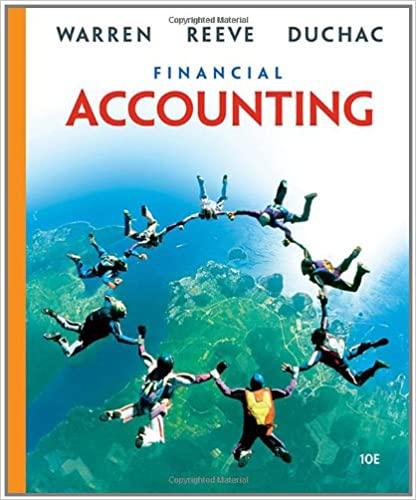Answered step by step
Verified Expert Solution
Question
1 Approved Answer
Financial statements for Solomon Company follow. SOLOMON COMPANY Balance Sheets As of December 31 2019 2018 $ 23,000 21,400 55,000 140,000 29,000 268,400 32,000 280,000



Step by Step Solution
There are 3 Steps involved in it
Step: 1

Get Instant Access to Expert-Tailored Solutions
See step-by-step solutions with expert insights and AI powered tools for academic success
Step: 2

Step: 3

Ace Your Homework with AI
Get the answers you need in no time with our AI-driven, step-by-step assistance
Get Started


